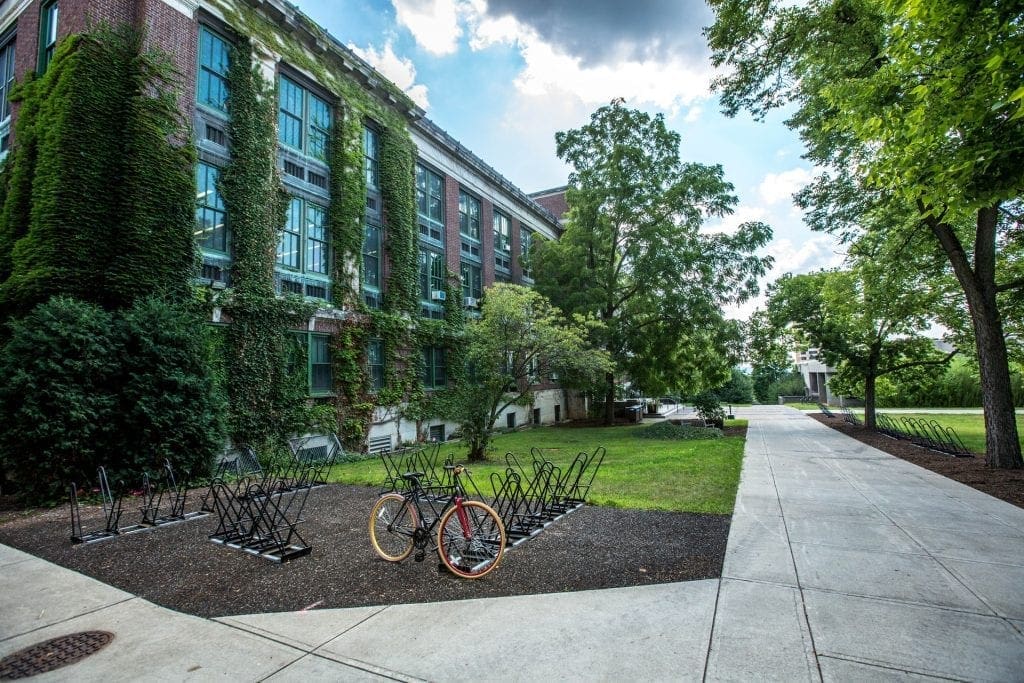While most community colleges operate without dormitories, the Assembly Higher Education Committee recently approved legislation in New Jersey permitting the 18 county colleges to build and operate on-campus housing for students.
According to the bill’s sponsors, the proposal to build dormitories arose in an effort to increase affordability, convenience, and accessibility for students and institutions. With these changes, county colleges could offer new amenities to boost reputation and desirability among prospective applicants and current attendees.
The full New Jersey General Assembly officially passed legislation on Thursday, May 27.
The Bill
The new bill, A-246, intends to provide better accessibility and convenience to county college students. This broadens the pool of attendees and easing travel difficulties. It was first approved unanimously by the Assembly Higher Education Committee 5-0, later passing 71-4 in the full New Jersey General Assembly.
This proposal will also allow the county colleges’ board of trustees to establish room and board fees to maintain housing and food service facilities, amending a 1962 law that left acquiring funding for construction of dormitories and dining halls unclear. The tuition for students would likely increase, should they choose to reside on campus, as a result of this amendment.

It’s currently undecided whether taxpayers will contribute to the construction of county college housing. However, lawmakers determined that schools could enter public-private partnerships (PPPs or P3 Projects) to support dormitory construction and cut costs. Many universities have utilized P3 projects.
The Sponsors
The bill is co-sponsored by Assembly Speaker Craig Coughlin, Middlesex, Assemblywoman Eliana Pintor Marin, Essex, and Assemblyman Wayne DeAngelo, Mercer. These Assembly members proposed A-246 to improve convenience and counter the rise in college student food insecurity and homelessness.
“Residential housing […] would also help to address the critical issue of rising student homelessness. This measure offers a common-sense solution to benefit students and institutions alike,” said the sponsors in a joint statement to the public.
Ideally, this implementation could assist the increasing pool of students struggling with basic needs insecurities.
See also: How to Make More than Minimum Wage as a Student
Homelessness in College Students
The Hope Center for College, Community and Justice published a #RealCollege2020 survey identifying student insecurity on February 12, 2020. The study received responses from 167,000 students. Of the respondents attending two-year programs, 17 percent indicated they were homeless over a 12-month period. Furthermore, 39 percent of students were food insecure.

Overall, 38 percent of survey respondents were affected by some level of housing insecurity, with nearly three in five students experiencing basic needs insecurity. The breadth of the study included 130 two-year institutions, including Rowan College of South Jersey and Middlesex County College.
With respect to creating housing and facilities, A-246 could curb these growing insecurities which, The Hope Center notes, are worsening as a result of the pandemic.
See also: Newark Takes Initiative in Housing Homeless Residents
Dining Halls and Other Facilities
No New Jersey county colleges currently offer on-campus housing.
Now fully passed, the bill allows county colleges to create campus environments similar to that of four-year institutions. In addition to housing, it gives these institutions the power to build dining halls and facilities otherwise absent on campus. As a result, campuses may begin to facilitate an all-encompassing college experience.
Photo by Porter Raab
Mary Sparago is 22-year-old creative writing and policy enthusiast who's always looking for new dogs to pet. In her spare time, Mary enjoys listening to K-pop and playing video games.
- Mary Sparagohttps://thedigestonline.com/author/msparago/
- Mary Sparagohttps://thedigestonline.com/author/msparago/
- Mary Sparagohttps://thedigestonline.com/author/msparago/
- Mary Sparagohttps://thedigestonline.com/author/msparago/


